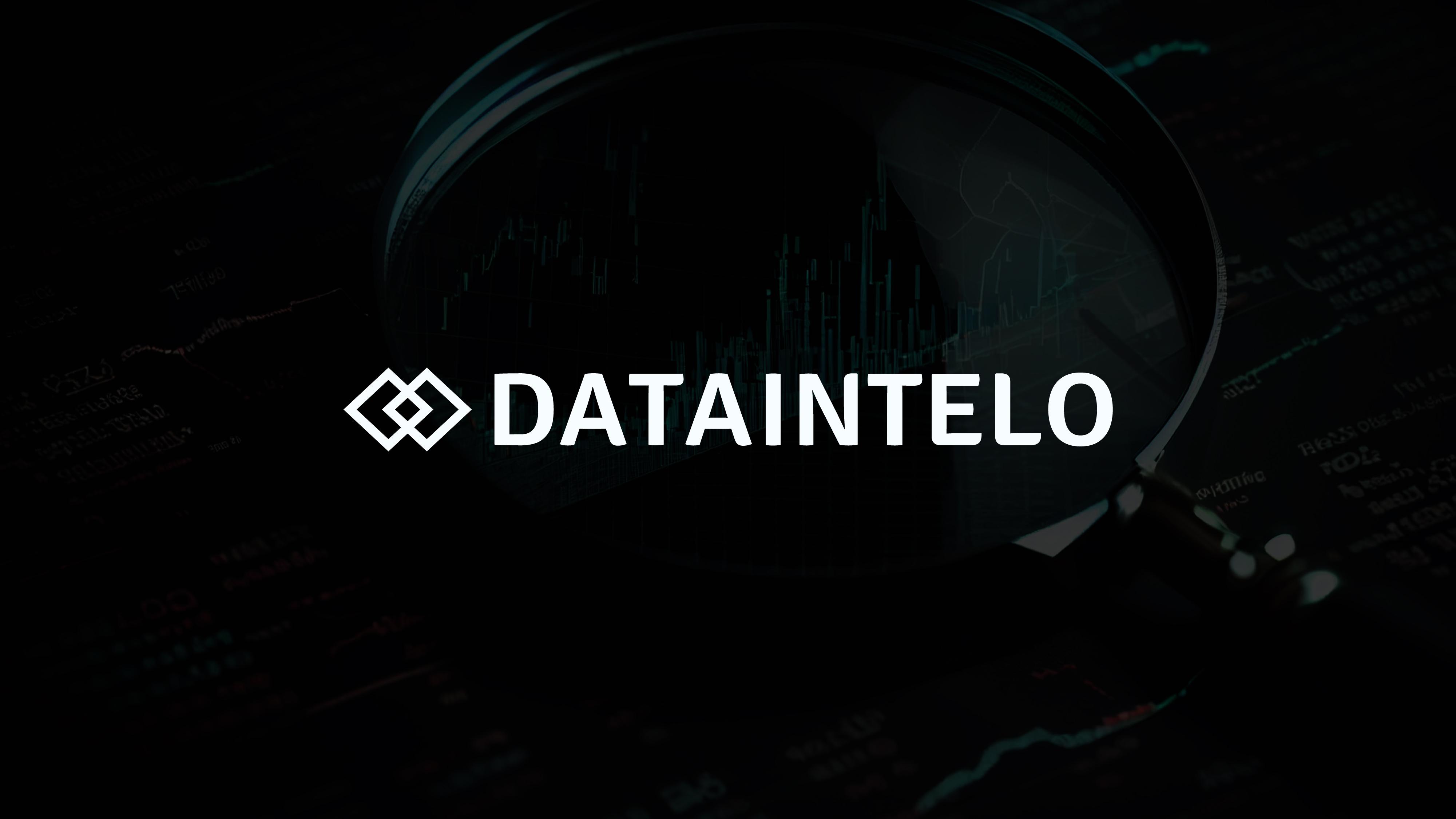Published by Dataintelo
The Animals Used in Research and Testing Market is experiencing significant momentum as advancements in medical and pharmaceutical research drive the demand for accurate and reliable preclinical testing models. As industries seek to ensure the safety, efficacy, and regulatory compliance of new therapies, the use of animals in laboratory settings remains a vital component of scientific investigation worldwide.
According to recent insights from Dataintelo, the global market is expected to expand steadily over the next decade. The market is primarily driven by increased biomedical research, drug discovery, toxicological testing, and the development of vaccines and biologics. Animal models continue to play a critical role in understanding disease mechanisms, testing treatment protocols, and meeting stringent regulatory standards.
With rising investments in healthcare research, especially in areas such as oncology, neurology, and infectious diseases, the demand for various animal models—mice, rats, guinea pigs, rabbits, and non-human primates—is on the rise. These models offer predictive validity and genetic similarity to humans, enabling researchers to translate findings into clinical applications effectively.
Request a Sample Report:
https://dataintelo.com/request-sample/443873
One of the key drivers in the Animals Used in Research and Testing Market is the surge in pharmaceutical and biotechnology R&D activities. Growing global health challenges, from cancer to rare genetic disorders, are prompting a wave of innovation that necessitates robust and ethical animal testing procedures. In addition, advancements in genetic engineering and CRISPR technology have enhanced the value of animal models for customized research solutions.
Governmental and institutional funding for life sciences research continues to reinforce this trend, particularly in developed economies. Academic institutions and research organizations are also heavily reliant on animal testing for developing and validating new hypotheses. Moreover, the emergence of personalized medicine is further strengthening the demand for specialized animal models.
Despite these positive developments, the market faces notable restraints. Ethical concerns and growing public scrutiny over the use of animals in testing have led to stricter regulations and compliance protocols. In some countries, bans on cosmetic testing and increased advocacy for alternative methods are challenging the market’s expansion trajectory.
Key Restraints Include:
-
Ethical and legal restrictions on animal testing
-
Rising demand for in vitro and computer-simulated alternatives
-
High costs of maintaining animal research facilities
View Full Report:
https://dataintelo.com/report/global-animals-used-in-research-and-testing-market
Nevertheless, several growth opportunities continue to emerge. Innovations in gene editing, transgenic animal models, and advanced imaging techniques are enhancing the scope and precision of preclinical research. Developing nations are also witnessing increased research infrastructure investments, expanding their participation in global R&D networks.
The demand for animal models in toxicological assessments, particularly for environmental safety, food testing, and chemical product validation, is creating a diverse set of applications beyond pharmaceuticals. This multidimensional use further drives the relevance and necessity of animal-based testing in regulated industries.
Emerging Opportunities in the Market:
-
Growth in contract research organizations (CROs) for outsourced animal testing
-
Increased use of genetically modified animal models for precision research
-
Expanding use of animals in behavioral and neuroscience studies
-
Rising demand for quality control testing in vaccine and biologics production
Check Out the Report:
https://dataintelo.com/checkout/443873
From a regional perspective, North America currently leads the market, driven by a robust research environment, established regulatory frameworks, and high per capita healthcare expenditure. Europe follows closely, particularly in biomedical research and pharmaceutical development. Meanwhile, the Asia-Pacific region is emerging as a high-potential market, buoyed by lower operational costs, expanding research institutions, and growing international collaborations.
Market dynamics also reflect shifts in policy and practice. While alternative testing models such as organ-on-chip, computational models, and 3D cell cultures are being developed, they are not yet capable of fully replicating the systemic complexities found in live organisms. Thus, animal models remain indispensable for comprehensive safety and efficacy evaluations.
Key Market Insights:
-
Market value in 2023: USD XX billion
-
Projected CAGR (2024–2032): XX%
-
Most commonly used species: Mice, rats, rabbits, zebrafish, and non-human primates
-
Applications: Drug discovery, toxicology testing, disease modeling, education, and regulatory approval
As global research priorities evolve, animal testing continues to provide the empirical foundation for innovation in medical science. However, stakeholders must balance scientific progress with ethical responsibility. The adoption of the 3Rs principle (Replacement, Reduction, and Refinement) is being increasingly emphasized across research organizations to ensure humane practices and align with societal expectations.
Looking ahead, advancements in hybrid models—combining animal and alternative testing approaches—may redefine future research methodologies. Meanwhile, the global demand for animal models in disease-specific studies, such as neurodegenerative disorders and autoimmune diseases, is projected to rise sharply.
Conclusion
The Animals Used in Research and Testing Market remains a critical pillar of modern science, underpinning the development of life-saving treatments and ensuring public health safety. While ethical and regulatory pressures persist, continuous technological and methodological improvements are enhancing the relevance, accuracy, and efficiency of animal-based research. Dataintelo’s latest report provides a detailed, data-backed roadmap for stakeholders navigating this evolving and essential industry.
Media Contact:
Dataintelo
Email: sales@dataintelo.com
Website: https://dataintelo.com
